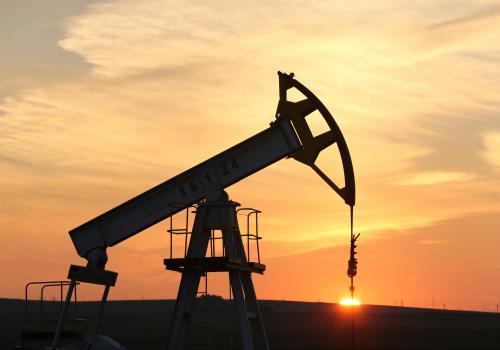Major Asian oil product suppliers are seeking to boost fuel exports to Africa in the near term as around half of South Africa’s crude refining capacity is expected to stay shut at least until early 2021. South Africa will see its intake of gasoline, diesel and jet fuel rise in the near term due to the significant loss in the country’s refining capacity, industry sources told S&P Global Platts. The renewed bullishness in Africa’s import demand comes as yet another domestic refinery, the 125,000 b/d Engen refinery in Durban, caught fire late Dec. 4, forcing the country’s second largest refinery to shut, while investigations as to the cause of the incident is ongoing. The Engen refinery shutdown comes after the idling of Astron Energy’s 110,000 b/d Cape Town refinery in July, which had also reported that a fire at its premises had forced the plant to shut. A separate incident in September involving a product spill “at the section of the transfer pipeline between the Milnerton Refinery [Astron refinery] and Acacia Park”, had dampened hopes the 110,000 b/d facility would be able to restart in 2020, Platts reported earlier.
Chinese and South Korean refiners, as well as various trading firms based in Singapore were quick to assess the possibility of boosting their fuel exports to Africa. “They [South Africa] were already importing when Astron’s refinery went offline. Without the bigger Engen refinery, they would likely have to step up their imports to make up for the shortfall,” one Singapore-based market source said. Northeast Asian refiners have struggled to post healthy sales in the Asian market due to tepid transportation fuel demand in the region following the outbreak of the coronavrius pandemic. However, the pent-up demand from South Africa offers a great opportunity to push more cargoes to Africa, according to fuel marketing sources at a state-run Chinese refiner and a major South Korean refiner. South Korea has already stepped up its fuel sales to South Africa this year, sending 823,000 barrels of oil products to the African buyer to-date this year, more than a tenfold jump from just 76,000 barrels exported in 2019, according to the latest data from state-run Korea National Oil Corp. China’s gasoil exports to South Africa have dropped to around 35,000 mt to-date this year, sharply lower than the 145,000 mt sold in 2019. A trading source at PetroChina told Platts that the refiner has yet to receive any fuel specification requirement from its trading arms that usually handles overseas shipments. However, the state-run refiner is hoping to provide more barrels to South Africa, and its trading arms would be keen to make shipments to wherever oil products are needed in the African continent, the source added.
SOUTH AFRICA’S OIL DEMAND FUNDAMENTALS
The South African government’s continued attempts to jump start its economy following the COVID-19 pandemic has bolstered hopes that the country’s fuel import demand will rise. Since April, the government has announced several fiscal injections as President Cyril Ramaphosa set aside at least $26 billion, or 10% of the country’s GDP, for job protection and creation purposes. These fiscal measures are set to benefit the gasoil complex as the fuel is used for both transportation and industrial purposes. South Africa typically imports around 200,000 mt/month of gasoil, with cargoes coming primarily from the Middle East, although cargoes from South Korea and China have also been spotted this year. In addition to these expansionary policies, sustained easing of the country’s lockdown restrictions have also led to an increase in driving activity, resulting in healthy demand for gasoline. In early December, driving activity was hovering around 30% above the baseline range, up from slightly under 20% for much of November, according to Apple mobility data. In mid-November, South Africa’s PetroSA emerged in the spot market after a near eight-month hiatus, seeking 30,000 mt of 95 RON gasoline for December delivery, according to public tenders seen by Platts. Engen Petroleum had also issued a buy tender earlier in November for 28,000 mt of 10 ppm sulfur gasoil, together with 7,000 mt of dual purpose kerosene for loading from either Singapore/Malaysia, or FOB AG ports on Nov. 22-24. However, details of that tender could not be confirmed.
